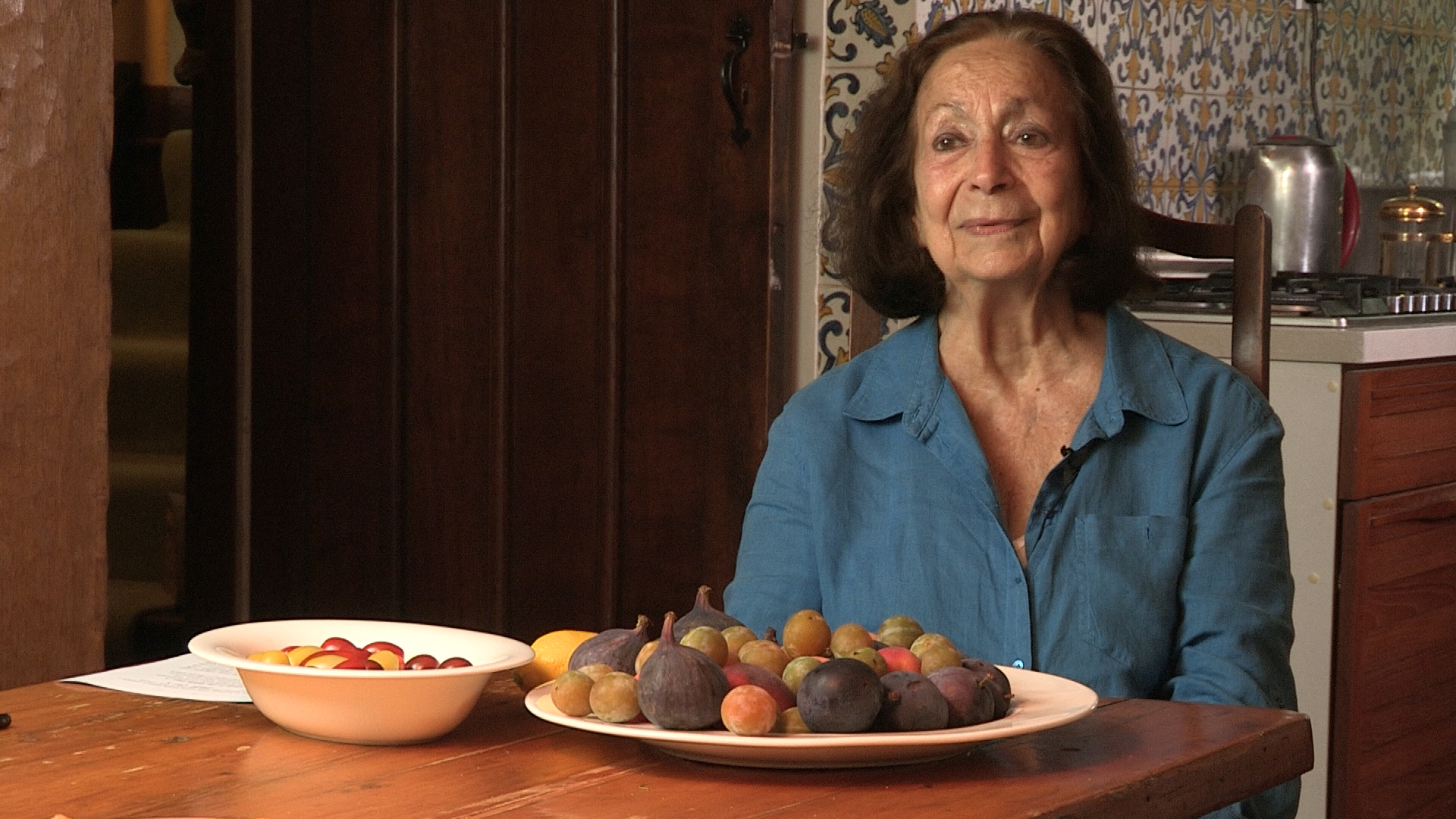NEXT STORY

The diverse culture in Turkey
RELATED STORIES

NEXT STORY

The diverse culture in Turkey
RELATED STORIES


|
Views | Duration | |
|---|---|---|---|
| 111. Meeting President Erdoğan | 1 | 02:55 | |
| 112. Regional cuisine in Turkey | 04:27 | ||
| 113. The diverse culture in Turkey | 01:41 | ||
| 114. The Couscous Festival | 02:02 | ||
| 115. Discovering the food of Lebanon | 03:29 | ||
| 116. Lebanese pastries and rosewater | 01:29 | ||
| 117. The greatest parties in Lebanon | 03:53 | ||
| 118. Lebanese party dishes | 02:44 | ||
| 119. A Jew in Lebanon | 2 | 03:46 | |
| 120. Zahle – the capital of mezze and arak | 2 | 04:03 |


For me, Turkey became this welcoming country. Because there is, of course, the dark side of Turkey. And the dark... yes, a very dark side. Always. But on the personal side, people are the most hospitable in the world probably, but then I'll say that about other countries too. But Turkey is extreme. And this hospitality and the pleasure they get in giving and showering people with food in particular. And so, all these banquets and all these places... because when we travelled, because of their contacts and because of who they are. They got people to invite us, even in their gardens for instance, as a group. We went... for instance, a man who was a wrought iron worker, who had made a lot of money selling wrought iron gates to Saudi Arabia and the rest of the Arab world. He had the whole Ottoman kind of style of doing. And he had this big garden and a pit where he cooked several baby lambs. And we came there and the food that he made, it was all local food of Konya, just unbelievable. And it had Turkish influence because Konya had become... it was a centre where the Sufi philosopher and priest, Rumi, came to from Iran with his entourage of Sufis, called Mevlana. He was there and he started Sifism of the Mevlana kind in Turkey. But because he came from Persia, the food of Konya has very Iranian influence.
For instance, they have a quince which is stuffed with mincemeat and fried onions and pine nuts. And spices and we got this served in a factory where they made jam. But the women of the factory brought dishes for us, from their home to taste. And so, it was incredible because we were in a factory, eating these incredible dishes by women who were workers in a factory. And they were so happy to bring the food and we were enthralled. And actually, I put that recipe in one of my books. Actually, it came in the book Arabesque. And then, Yotam Ottolenghi put it in his book, which was, I think... I'm not sure which book. And the recipe, the picture, did it come on the cover, no. It didn't come on the cover of his book. But, from him other people have copied, and it's become one of the fashionable recipes – quince which is stuffed. But in Turkey they make it in a small quince, so you get a whole quince. Because in England we get a big quince that comes from Cyprus mostly. I cut the quinces in half, and I stuffed the halves. And that's what Yotam did.
Claudia Roden (b. 1936) is an Egyptian-born British cookbook writer and cultural anthropologist of Sephardi/Mizrahi descent. She is best known as the author of Middle Eastern cookbooks including A Book of Middle Eastern Food, The New Book of Middle Eastern Food and The Book of Jewish Food.
Title: Regional cuisine in Turkey
Listeners: Nelly Wolman
Claudia Roden talking to her granddaughter Nelly Wolman about her life in food.
Tags: Turkey, Yotam Ottolenghi
Duration: 4 minutes, 27 seconds
Date story recorded: September 2022
Date story went live: 04 December 2023